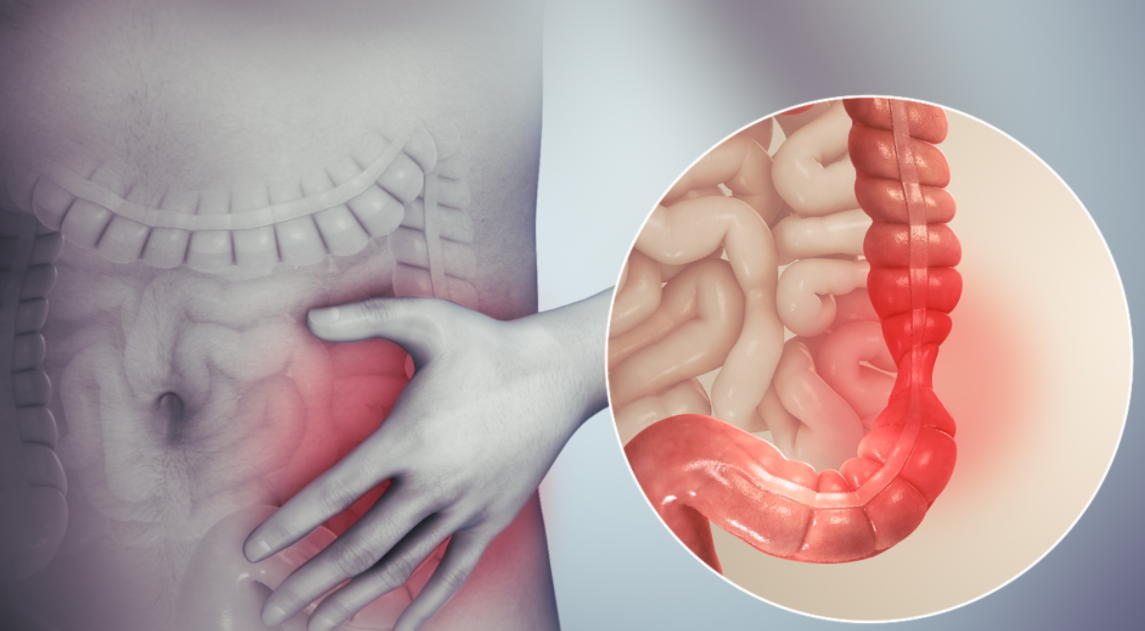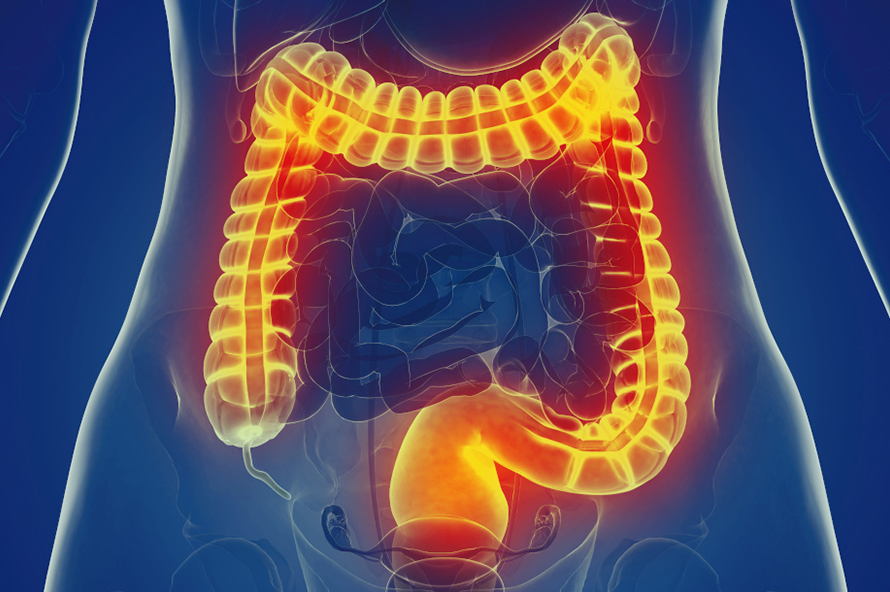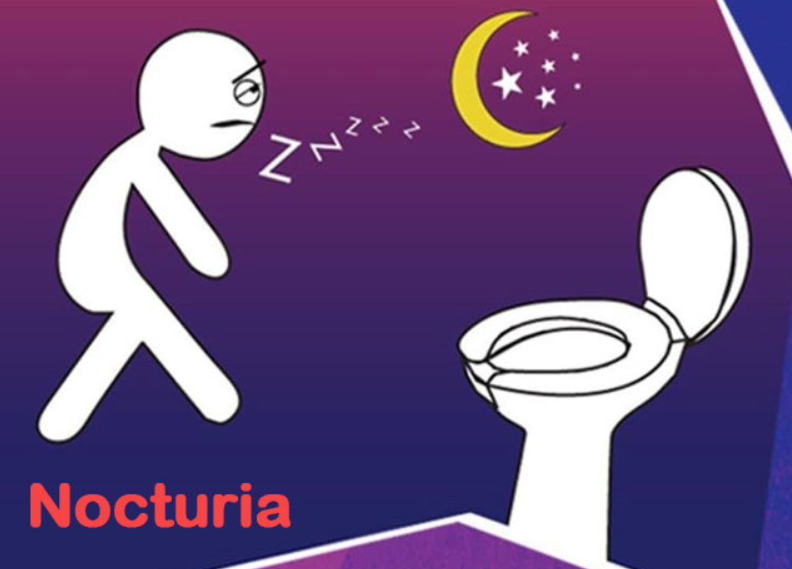Irritable Bowel Syndrome (IBS) is a chronic digestive illness characterized by stomach pain and irregular bowel movements.
To be diagnosed with this issue, you must have symptoms for at least three months. IBS is more common in women, and many of them are unaware of their condition. Another issue is that there are no tests to corroborate the diagnosis, making this illness difficult to diagnose. The diagnosis is made only on the basis of symptoms.
Symptoms of Irritable Bowel Syndrome are associated with abdominal pain and changes in bowel function. But abdominal pain can manifest in different ways.
These are some of the most common symptoms:
- abdominal pain
- cramps
- bloating
- diarrhea
- constipation
- slow digestion
- depression or anxiety
- loss of appetite
Symptoms typically begin in childhood and do not appear until after the age of 40. Although the actual source of the problem has yet to be identified, experts have linked it to a variety of factors. Excessive or poor bowel function causes irritable bowel syndrome, which experts believe is connected to stress, (good) bacteria in the stomach, and is genetically inherited. If any of these symptoms persist for three months or longer, you should seek professional help to discover the cause and treatment.




